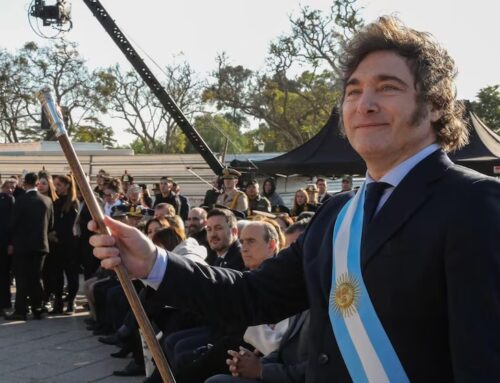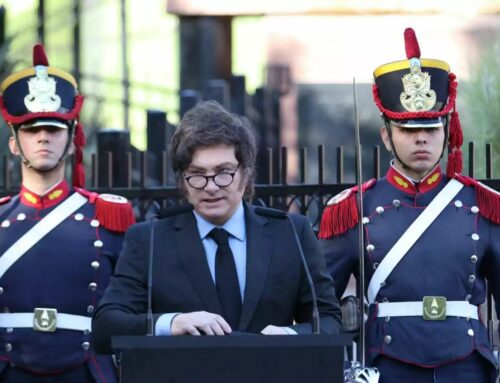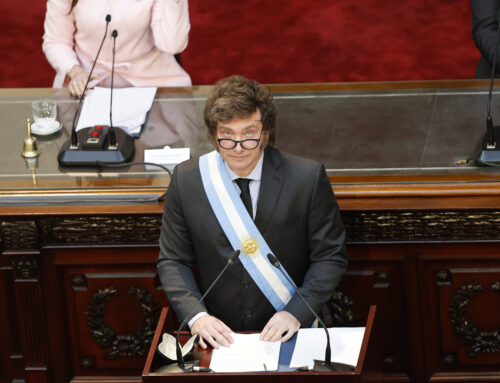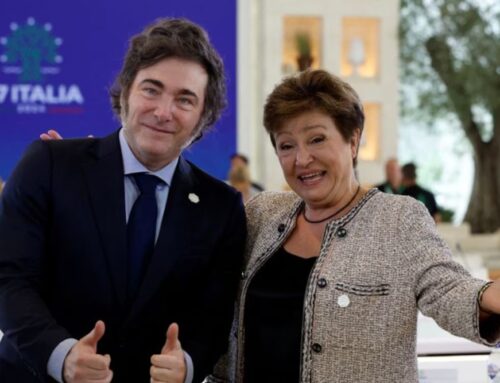In a strategic move to stabilize Argentina’s currency and curb inflation, President Javier Milei’s economic team has intensified interventions in the dollar futures market. The government aims to tap into the substantial cash reserves held outside the formal banking system—often referred to as “money under the mattress”—by encouraging the liquidation of foreign currency holdings.
The Central Bank of Argentina (BCRA) has engaged in unprecedented volumes of dollar futures contracts, with reports indicating transactions reaching up to $5 billion in a single day. This aggressive approach seeks to anchor inflation expectations and maintain the official exchange rate within the lower bounds of its target band.

However, these measures have inadvertently opened avenues for importers to exploit new arbitrage opportunities, commonly referred to as “rulo” strategies. By leveraging discrepancies between official and parallel exchange rates, some businesses are circumventing currency controls, potentially undermining the government’s stabilization efforts.
The administration’s dual approach—combining market interventions with efforts to mobilize dormant cash reserves—reflects its commitment to restoring economic stability. Nevertheless, the emergence of arbitrage loopholes underscores the complexities of implementing monetary reforms in a volatile economic environment.
👉 Stay informed about Argentina’s economic strategies. Share this article to shed light on the government’s efforts to stabilize the currency and the challenges it faces.







Leave A Comment